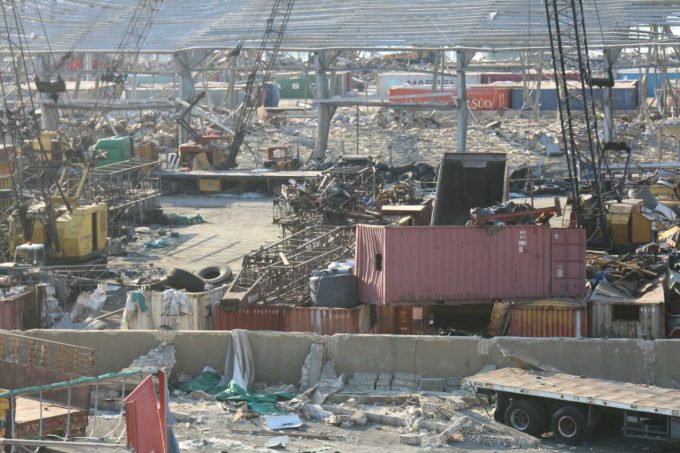Shipping laws that could have averted two catastrophes
The dark side of the shipping industry – well, one of them – has come ...

The race to rebuild Beirut port is on, following the devastating explosion at Lebanon’s key cargo gateway this year. According to a World Bank estimate, the damage to the country’s transport sector and port activities ranges between $580m and $710m, on top of reconstruction costs. Now a number of countries are positioning their flagship shipping and ports companies as key potential partners for the project – principally China, France and Turkey, according to this analysis from Global Risk Insights. “They ...
Maersk u-turn as port congestion increases across Northern Europe
Apple logistics chief Gal Dayan quits to join forwarding group
Maersk Air Cargo sees volumes fall as it aims for 'margin in favour of revenue'
Airlines slash freighter capacity post-de minimis, but 'the worst is yet to come'
Houthis tell Trump they will end attacks on Red Sea shipping
Transpac rates hold firm as capacity is diverted to Asia-Europe lanes
MSC revamps east-west network as alliance strategies on blanking vary
India-Pakistan 'tit-for-tat' cargo ban sparks sudden supply chain shocks


Comment on this article